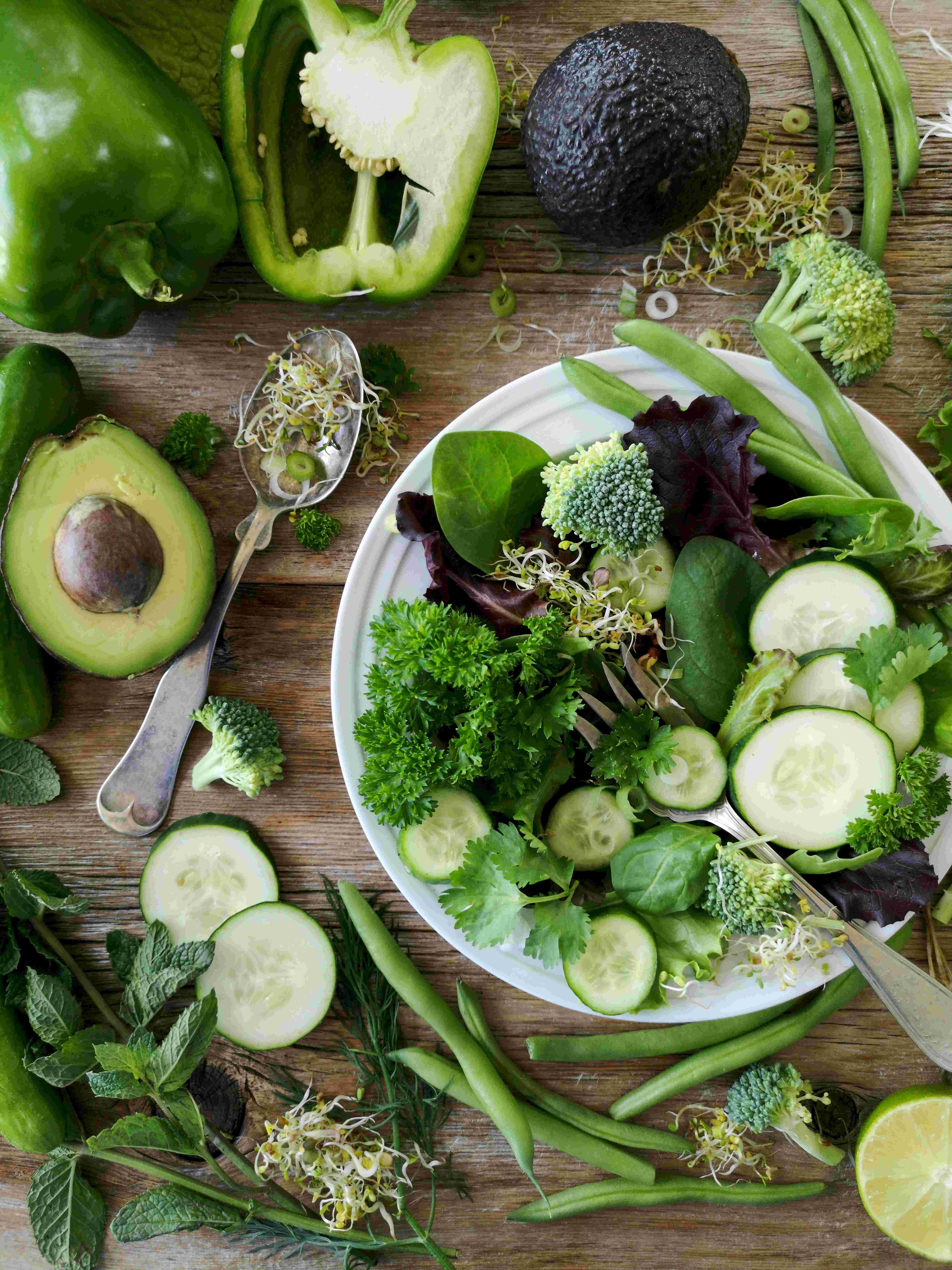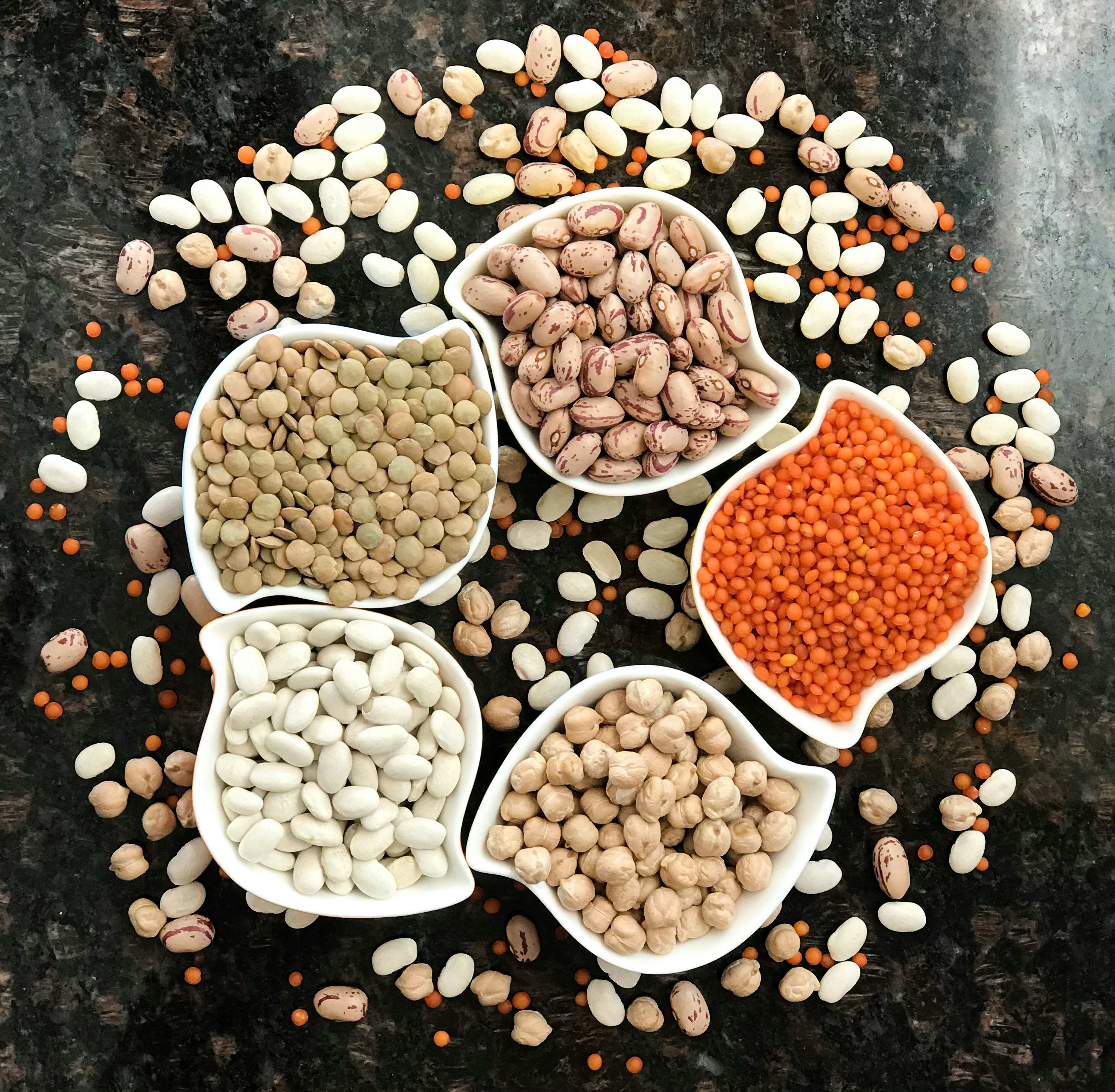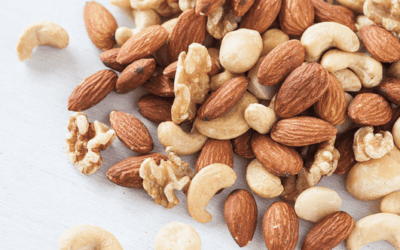In many countries, diets that exclude animal products are on the rise. One of the most notable is the vegan diet, even though it remains less popular than vegetarianism. In this article, we focus specifically on the vegan lifestyle. What does it involve? What are the health benefits of a vegan diet? And what challenges do people face when switching to a plant-based way of eating?
What is veganism?
A vegan diet is simple to define. It excludes all food products derived from animals or animal exploitation.
This includes the obvious such as meat and fish, but also dairy products like milk, butter and cheese. It also rules out eggs, honey and gelatin, which are sometimes forgotten.
Veganism is more than just a diet. It is also a lifestyle. Vegans avoid cosmetics tested on animals and refuse to wear clothes made with fur, silk or leather.
How is veganism different from vegetarianism?
Like vegans, vegetarians do not eat meat, fish or shellfish. However, vegetarians typically consume dairy products and eggs.
There are also several subcategories of vegetarianism. Some are closer to veganism than others. For example, pescatarians eat fish but not meat. Lacto-vegetarians avoid meat and eggs but still consume dairy products.
The benefits of a vegan diet
There are many proven benefits to adopting a vegan diet.
More variety in your meals
Even though it excludes certain food groups, a vegan diet often leads people to expand their food choices. Omnivores tend to stick to familiar meals, while vegans explore new ingredients and recipes. The plant-based world is full of flavor and variety that many people overlook.
Lower cholesterol
A vegan diet helps lower cholesterol levels because plant-based foods are generally low in saturated fats. High cholesterol is a major risk factor for heart disease, diabetes and high blood pressure.
Lower risk of obesity
Vegans tend to experience fewer weight-related health issues. This is largely due to the high fiber content and better nutritional quality of plant-based meals.
Less meat consumption
By definition, veganism eliminates meat. And reducing meat intake lowers the risk of several health conditions.
Meat production is also a major contributor to environmental pollution. It requires vast amounts of water, land and energy. Cutting back helps reduce environmental damage.
If giving up meat entirely feels difficult, remember that every step counts. Even small reductions in meat consumption can make a difference for your health and the planet.
Less packaging waste
Vegan staples like grains, seeds and nuts are ideal for buying in bulk. This reduces packaging waste and supports a more sustainable way of shopping.
Common myths about vegan diets
Despite its benefits, the vegan diet is sometimes misunderstood. Let’s clear up a few common misconceptions.
Protein deficiency
Contrary to popular belief, meat is not the only source of protein. Many plant-based foods are rich in protein. Lentils, beans, chickpeas, tofu and nuts like almonds or cashews are all great options.
Calcium concerns
It is possible to get enough calcium without dairy. Foods like broccoli, tofu and plant-based milks such as soy or almond milk are excellent sources of calcium.
Iron levels
Vegan diets do not automatically lead to iron deficiency. Lentils, beans and spinach are just a few examples of iron-rich plant-based foods.
In conclusion
Choosing a vegan diet brings many health benefits and reflects a more ethical and eco-conscious mindset.
While it is often driven by strong personal beliefs, veganism does require effort and discipline. It involves rethinking both food and lifestyle habits, which can be a big adjustment.
Still, the rewards are significant. From improved well-being to reduced environmental impact, the benefits of a vegan diet are worth the commitment.
Published on 08/04/2024












